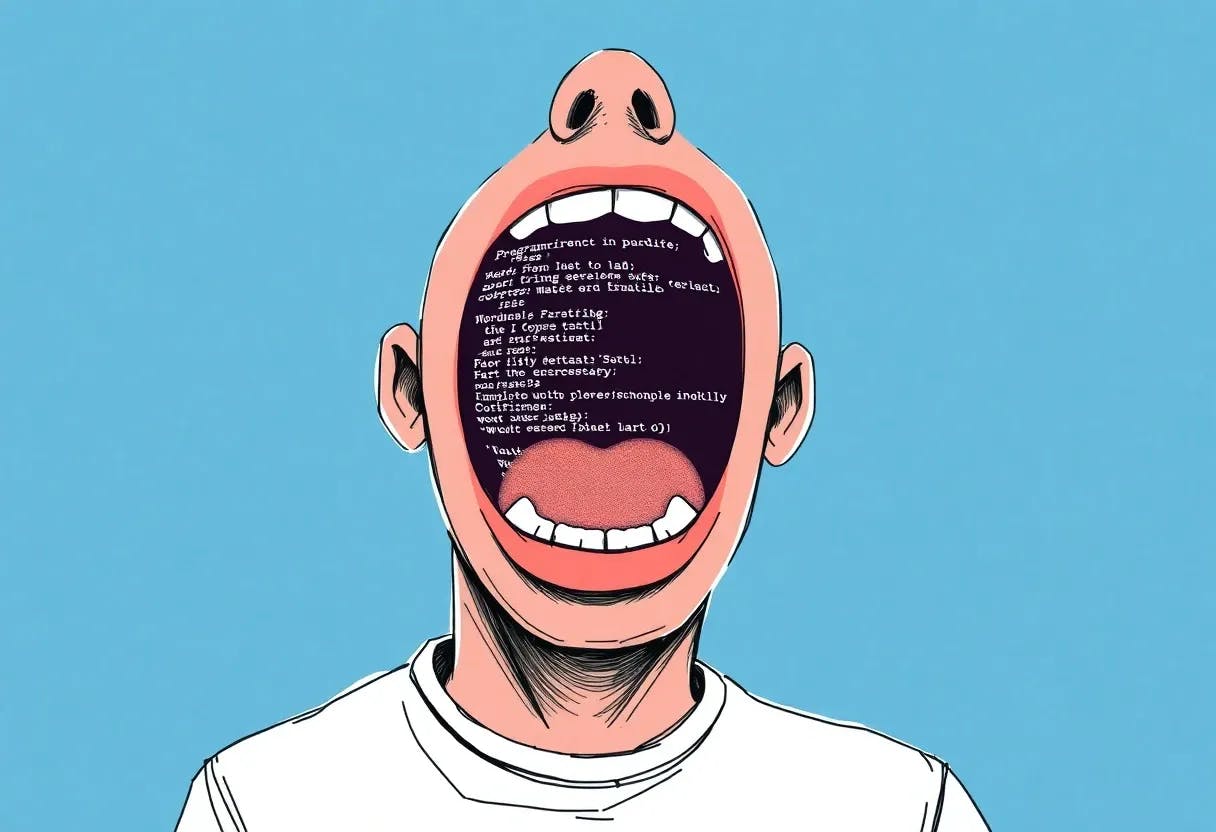Mental health in the workplace is a topic that too often remains in the shadows, despite its profound impact on productivity and wellbeing. In this heartfelt blog, Nathan Mzumara, our Head of SEO, opens up about his personal journey to not only raise awareness for mental health but also to spark meaningful conversations around it. Nathan, a passionate advocate for employee wellbeing, took on the challenge of cycling 1,000km in just 30 days, not as a mere physical feat, but as a powerful way to bring attention to an issue that affects so many of us behind the scenes.
Nathan’s experience in high-performance environments, where the pressure to constantly innovate and deliver results can weigh heavily, has given him a unique perspective on the mental health challenges many employees face. By pushing himself physically, Nathan sought to create a visible moment in support of the invisible struggles that so often go unspoken in the workplace. Through this ride, he explores not just the personal toll that mental health challenges can take, but the shared responsibility we all have in supporting each other and fostering a culture of openness and understanding.
In this blog, Nathan reflects on his journey, both on and off the bike, and how we can all play a part in breaking the silence around mental health at work.
Raising mental health awareness through cycling
In April, over a period of 30 days I set out to cycle 1,000 kilometres. The aim wasn’t just physical endurance, it was about raising awareness for employee mental health and supporting a charity that is close to my heart. Mind is a leading UK charity working across all aspects of mental health in business and society.
My goal was to create a visible, public moment around a topic that is so often invisible. Mental health in the workplace is something many of us carry silently. This ride was about breaking that silence through action, advocacy and openness.
Why mental health matters for employees and businesses now more than ever
As part of my journey, I couldn’t help but observe the thought-provoking stats I stumbled across in relation to mental health at work. The figures speak volumes. According to Deloitte’s 2024 Mental Health and Employers Report, poor mental health at the workplace costs UK employers £51 billion annually. The impact stretches across absenteeism, presenteeism, and employee turnover.
But beyond the financial toll lies a more complex truth. Nearly two-thirds of workers who take time off for mental illness in the workplace feel unable to disclose the real reason to their manager. This culture of silence is not just damaging, it’s avoidable.
If we want to know how to improve mental health in the workplace, the answer starts with trust, openness and accountability. Mental health awareness in the workplace must move beyond one-off campaigns and become embedded in how we lead, support and listen.
Lessons learned from the charity ride
Cycling 1,000kms gave me time to reflect and to learn. I took the opportunity to read more about mental health, understand the support systems available, and better appreciate the everyday pressures people face. The toughest part wasn’t the terrain. It was finding the time. Balancing long-distance training with work and family responsibilities was a real challenge. But what kept me going wasn’t just determination. It was the encouragement I received along the way. Colleagues checked in. Strangers donated. Friends shared their own experiences with burnout and mental strain at work.
These moments reminded me that mental wellness in the workplace isn’t about grand gestures. It’s about consistent support systems. It’s about workplace mental health support that’s proactive, not reactive. And most importantly, it’s about recognising that work and mental health are inseparable.
When mental health affecting work performance becomes the norm, we must ask: are our systems serving our people?
Why Mind Charity?
Mind’s approach is holistic. They support individuals directly through helplines and peer groups but also offer tools to help organisations manage workplace mental health more effectively. Their policy work pushes for a broader shift in how mental health and work are understood across government and industry.
For those wondering where to begin in supporting mental health in business, Mind is a model for balancing immediate care with systemic change.
What employers can do to make a difference
If we’re serious about managing mental health in the workplace, the evidence is clear. The Mental Health Foundation estimates that for every £1 invested in employee mental wellbeing, businesses see a return of £5. But beyond economics, this is about culture.
As part of my charity ride, I experienced firsthand what genuine mental health support at work truly looks like. The encouragement I received from my colleagues at OneAdvanced, before, during and after the challenge was nothing short of remarkable. From thoughtful check-ins to generous donations and messages of motivation, their support was real and deeply felt. It wasn’t just a gesture; it was a reflection of a culture that values people. This kind of collective care goes beyond policies or initiatives. It shows that at OneAdvanced, health at work genuinely includes mental health, not just physical wellbeing. And that’s what turns awareness into action.
The ride is over, but the work isn’t
Cycling 1,000kms across various parts of the UK was symbolic. It represented the uphill nature of changing attitudes about mental health and workplace expectations. But I’m hopeful. The conversation is growing. More leaders are realising that employee mental health in the workplace is not a ‘nice to have’, it’s a must-have.
The road to transformation is long. But every kilometre, every conversation, every act of support moves us closer to a culture where employees’ mental health is protected, prioritised and normalised.
Lastly, I’m truly grateful to everyone at OneAdvanced who supported this journey. The encouragement turned a personal challenge into a shared mission.








